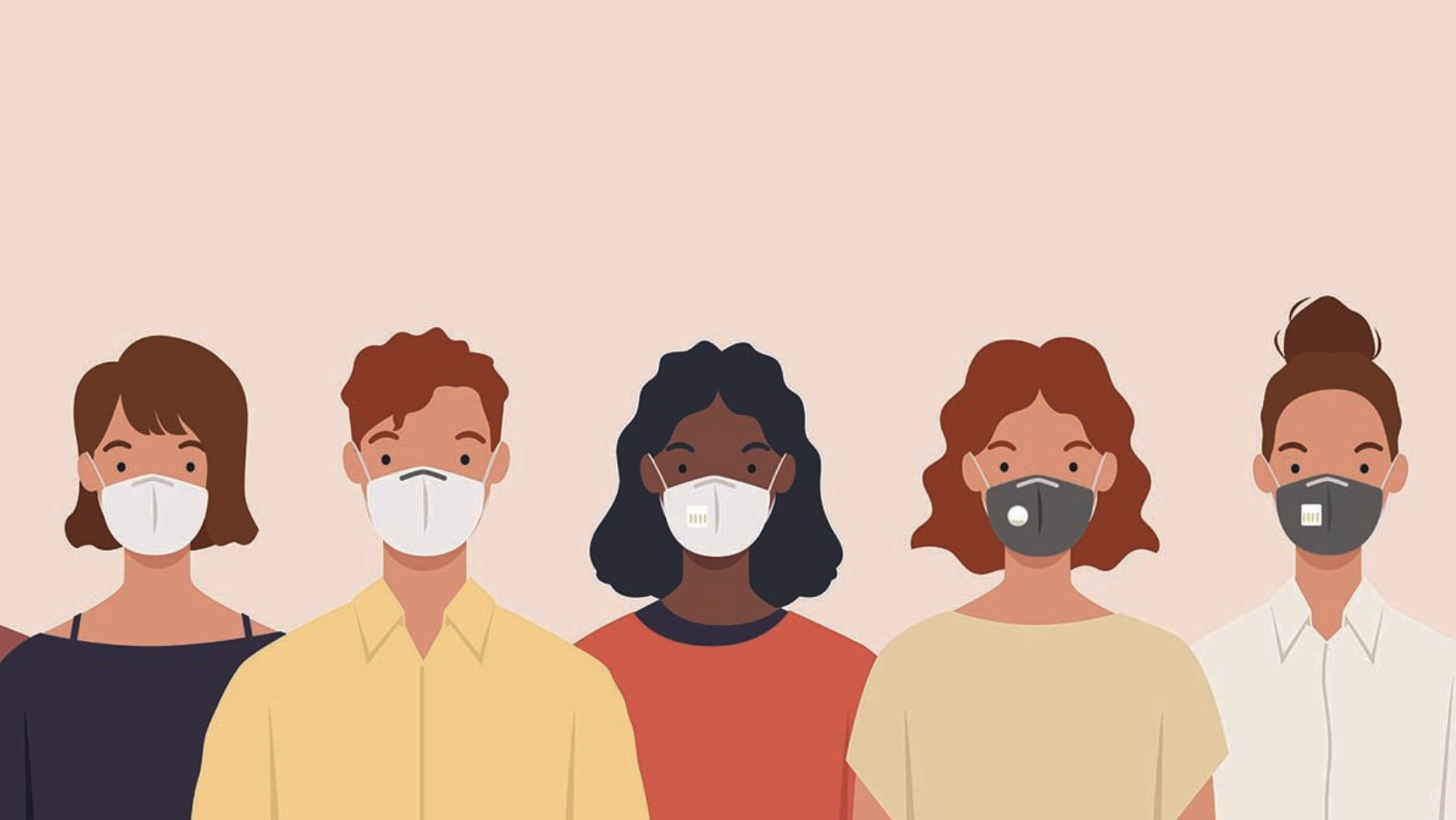How to become more resilient

These are trying times. The world is heaving under the pressure of seismic events: the end of a global pandemic, global warming, the deep, silent currents of the global economy and its ability to shock countries, communities and citizens, seemingly at random. No one is immune to these shifts.
But where we do have defense is in how we respond to these crises. A phenomenon psychologists call resilience, or our ability to deal with trauma. It turns out that despite the world making us feel unsettled, anxious, and worried about the future, there is something we can do about it.
The idea of resilience has baffled psychologists since they began studying trauma int the 1950s. How do you measure someone's resilience (without making them endure something awful)? How do people become resilient? Why are some people more resilient than others? And can you teach people to be more resilient?
Resilience: a study 📝
A number of psychologists have been working on answering these questions. One such figure was developmental psychologist Emmy Werner, who studied 700 kids for 30 years to try and understand what set resilient children apart. The key, according to Werner was how they responded to the world.
Resilient children tended to “meet the world on their own terms,” she said. They were autonomous and independent, would seek out new experiences, and had a more optimistic outlook on the world. Their education, social status and wealth had little effect on a child's ability to deal with tough times.
“Though not especially gifted, these children used whatever skills they had effectively,” Werner wrote. The resilient children saw themselves as the orchestrators of their own fates. In fact, on a scale that measured how well these children could self-regulate, they scored significantly better than other children.
Perception over panic 👀
George Bonanno, a clinical psychologist at Columbia University, found in his research that the defining aspect was a person's perception to what was going on. Do you conceptualize an event as traumatic, or as an opportunity to learn and grow?
“Events are not traumatic until we experience them as traumatic,” Bonanno said in an interview with journalist Maria Konnikova. Every frightening event, no matter how negative it might seem from the sidelines, has the potential to be traumatic or not to the person experiencing it.
Take something as terrible as the surprising death of a close friend: you might be sad, but if you can find a way to construe that event as filled with meaning—it helped give you greater awareness of a certain disease or brought you closer to a community—the trauma may not be seen as a crushing event.
The experience, Bonanno believed wasn't built into the event itself, it was constructed in our heads.
Teaching resilience 🧑🏫
One of the leading thinkers on resilience is psychologist Martin Seligman. In his work on positive psychology, Seligman found if you could help people externalise events, rather than internalising them, it helped people process and move on.
Simple statements like “Bad events aren’t my fault”, “This is one narrow thing rather than a massive indication that something is wrong with my life”, “I can change the situation, rather than assuming it’s fixed” made people more psychologically successful and less prone to depression.
While the word resilience has been bounded around a lot - especially by the mindfulness market (see our previous mailout on that one) there is a lot of brilliant work that can be applied by anyone to help make these trying times less taxing.
Ok, where can I learn more? 📚
- A great video from Martin Seligman explaining what he found in his work.
- George Bonanno on the value of grief and grieving.
- The Art of Resilience - a new book from Ross Edgley, I've heard great things about this one, highly recommend.

